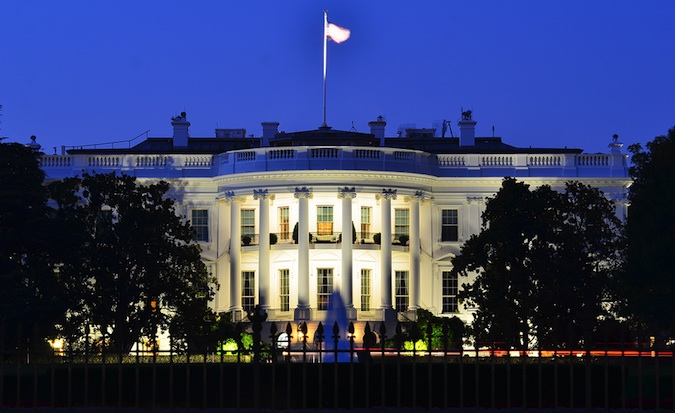
The White House announced on Wednesday that the Office of Management and Budget (OMB) has issued new guidance with the aim of ensuring that federal agencies only use secure software.
The guidance, named ‘Enhancing the Security of the Software Supply Chain through Secure Software Development Practices’, builds on the cybersecurity executive order signed by President Joe Biden in May 2021.
A memorandum from the OMB requires federal agencies to comply with NIST guidance — for secure software development and supply chain security — when using third-party software. In order to ensure compliance, agencies will have to at least obtain a self-attestation form from software developers whose products they are using or plan on using.
“A software producer’s self-attestation serves as a ‘conformance statement’ described by the NIST Guidance. The agency must obtain a self-attestation for all third-party software subject to the requirements of this memorandum used by the agency, including software renewals and major version changes,” the memo reads.
The OMB noted that self-attestation is the minimum level required, but agencies can also make risk-based determinations for a third-party assessment if the product or service that is being acquired is critical.
Agencies can require a software bill of materials (SBOM) and other artifacts that can prove the vendor’s compliance, and they can also require the company to run a vulnerability disclosure program.
[ Read: Cybersecurity Leaders Scramble to Decipher SBOM Mandate ]
Agencies are required to inventory all of the software that is subject to the new requirements (with critical software on a separate list), create a process for communicating these requirements to software providers, and make sure they get the needed attestation letters from vendors. The letters must be obtained within 270 days for critical software and within one year for other software.
Some developers could make these letters public, which would make them easier to obtain, and agencies can also request extensions and waivers if needed.
The Cybersecurity and Infrastructure Security Agency (CISA) has been tasked with creating a standard self-attestation form that can be used by agencies.
The memorandum comes shortly after CISA, the NSA and the Office of the Director of National Intelligence (ODNI) started publishing a series of guidance documents focusing on securing the software supply chain.
In January, the White House hosted a summit where representatives of the government and the tech sector gathered to discuss open source software security. The event was held shortly after the Log4Shell vulnerability came to light.
Related: White House Publishes Federal Zero Trust Strategy
Related: White House Proposes $10.9 Billion Budget for Cybersecurity
Related: US Gov Issues Security Memo on Quantum Computing Risks












